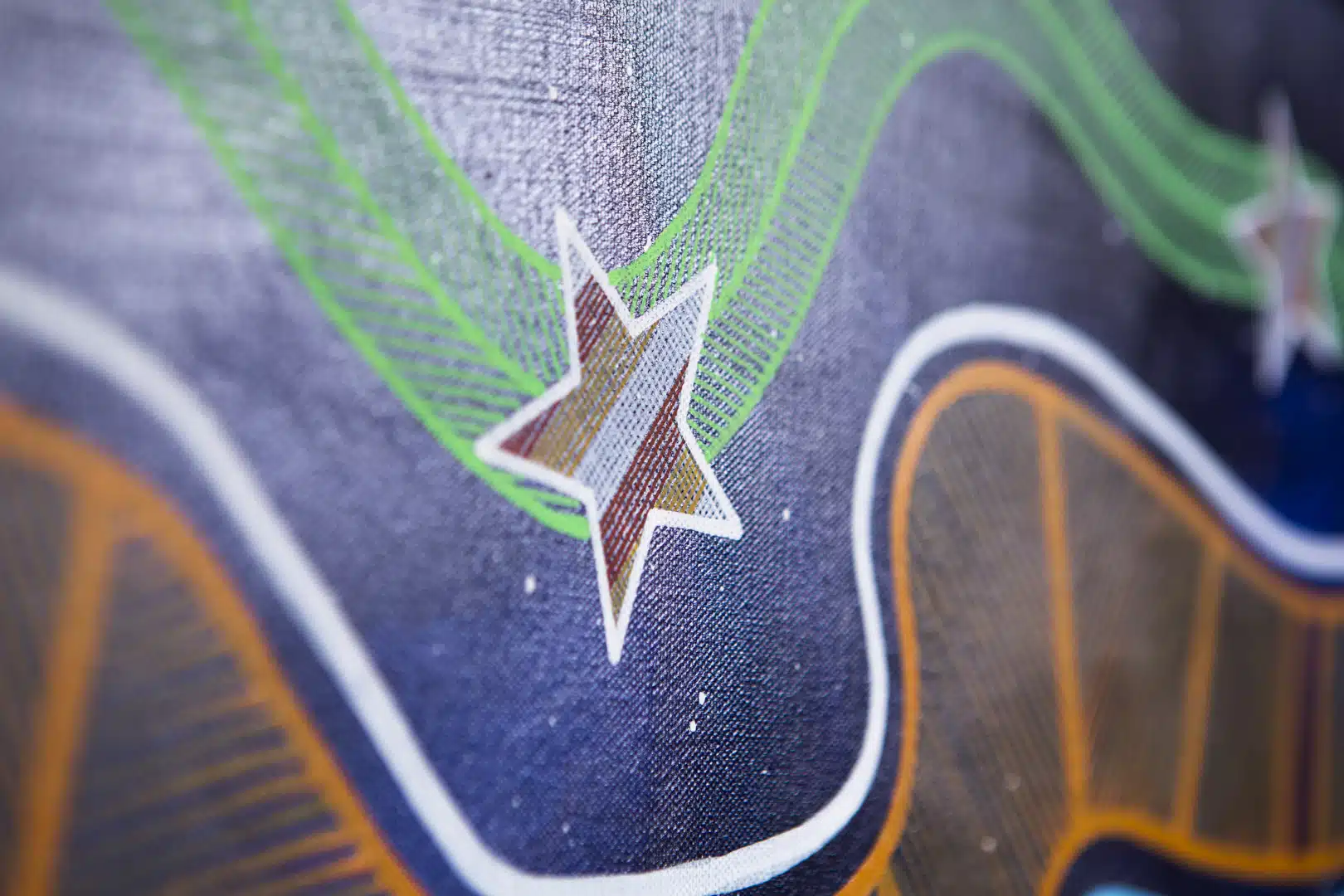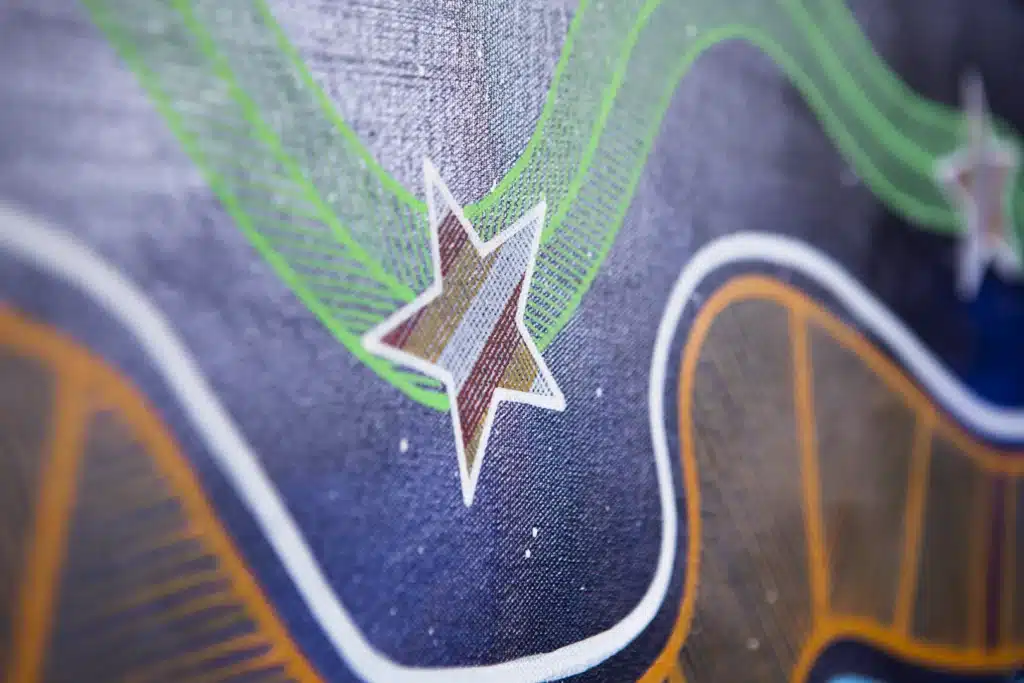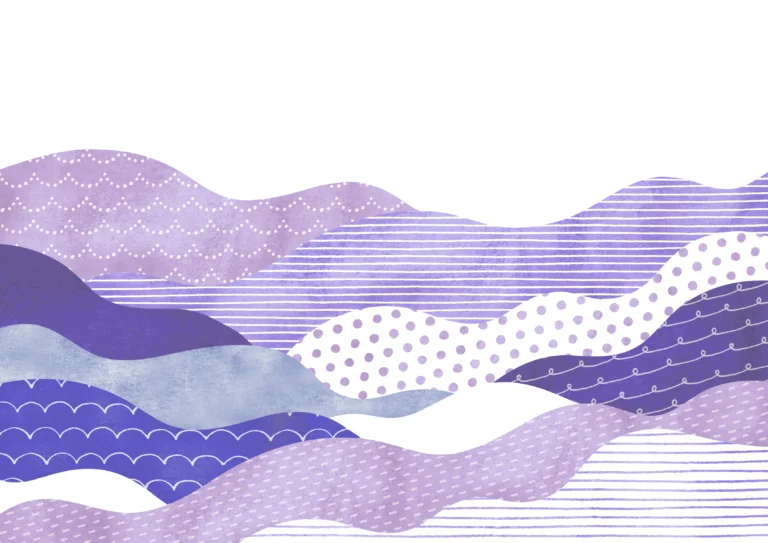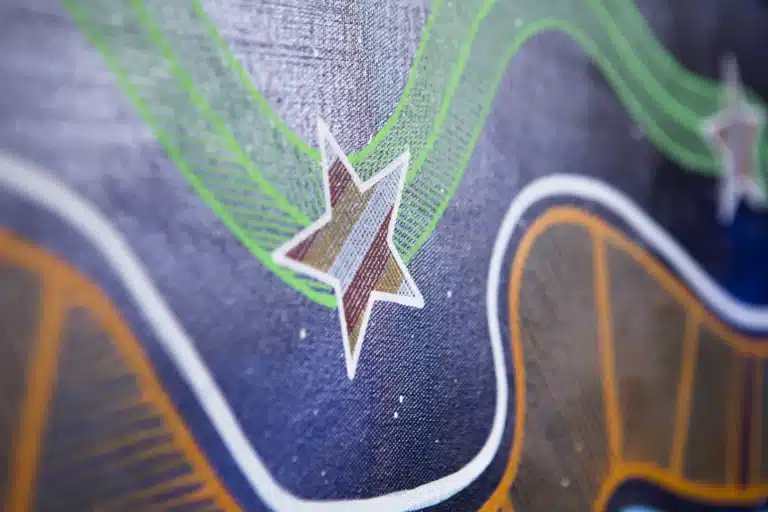We’re Here for You
If you’ve landed on this page, it’s likely that you’ve lost your precious bub. We are deeply sorry for your loss, and we want you to know that we’re here to support you.
This space is for you to understand your options and the decisions that may come next. We hope it helps you feel more connected, informed, and supported during this heartbreaking time.
What is Early Pregnancy Loss?
Losing your baby before 20 weeks of pregnancy is called a miscarriage or early pregnancy loss. It’s more common than you might think, with 1 in 4 pregnancies ending this way.
Losing a bub, no matter when it happens, is a devastating experience. It’s the loss of all the dreams, hopes, and plans you had for your little one’s future. It’s okay to feel empty, sad, or even confused at this time. You’re not alone.
It’s Okay to Feel All the Feelings
Grief looks different for everyone, and that’s okay. You might feel guilt, anger, sadness, or even relief. These feelings are all part of the process.
It’s important to know that many women feel confused or sad, and there’s no “right” way to cope with this loss. Grief can affect your body too — you might feel tired, hungry, or even ache to hold your bub. If you need time and space, it’s okay.
Will I Be Able to See My Bub?
You can absolutely choose to see your bub if you want to. If the loss happened early in your pregnancy, your bub may be very small, and it can be hard to know what you’re looking at. If you don’t want to see your bub, it’s okay. You can ask the hospital to take photos for you, so you can look at them later when you’re ready.
If the loss happens later in your pregnancy, you’ll be able to spend time with your bub and say goodbye in your own way. Whatever feels right for you is the right choice.
What Happens to My Bub?
You have the right to decide what happens with your bub’s body. If it’s important to you to follow cultural practices, make sure you talk to your healthcare team.
Let them know what feels right for you, and they’ll support your wishes. You might want to bury or cremate your bub, and that is something you can choose to do.
Making Memories
Even if you don’t get to hold your bub, there are ways to make memories to honor their short life. Here are some ideas:
- Keep a memory box with ultrasound photos, clothing items, or hospital tags.
- Write a letter or a poem to your bub.
- Make some art or a keepsake to remember the journey you shared.
- For some families, naming your bub or giving them a nickname feels right, while for others, it might not. That’s entirely your choice.
It’s okay to do what feels best for your family, and you can always change your mind later.
How We Can Help You
We understand that grief is different for everyone, and there’s no “one-size-fits-all” way to heal. That’s why we offer different services to support you, and you can try whatever feels best for you.
- Peer Support: Talk to someone who has been through this, too. Sometimes hearing others share their story helps you know you’re not alone.
- Counselling Services: Speak with a professional who understands how to support First Nations families through this kind of loss. If you need an interpreter, we can arrange that too.
- Support Groups: Join a group of families who are grieving the loss of their bub. There are groups for fathers, mothers, and families to connect with others who understand.
We’re here for you every step of the way.
If you’d like help figuring out which service might be best for you, give us a call.
Red Nose 24/7 Support Line: 1300 308 307, or email intake@rednose.org.au.
Red Nose is committed to supporting families navigating the complexities of the loss of a baby or child. To access our specialised bereavement support including: counselling, peer support programs, support groups, and resources tailored to individual needs, click here.

Did you find this helpful?
Good job! Please give your positive feedback
How could we improve this post? Please Help us.



